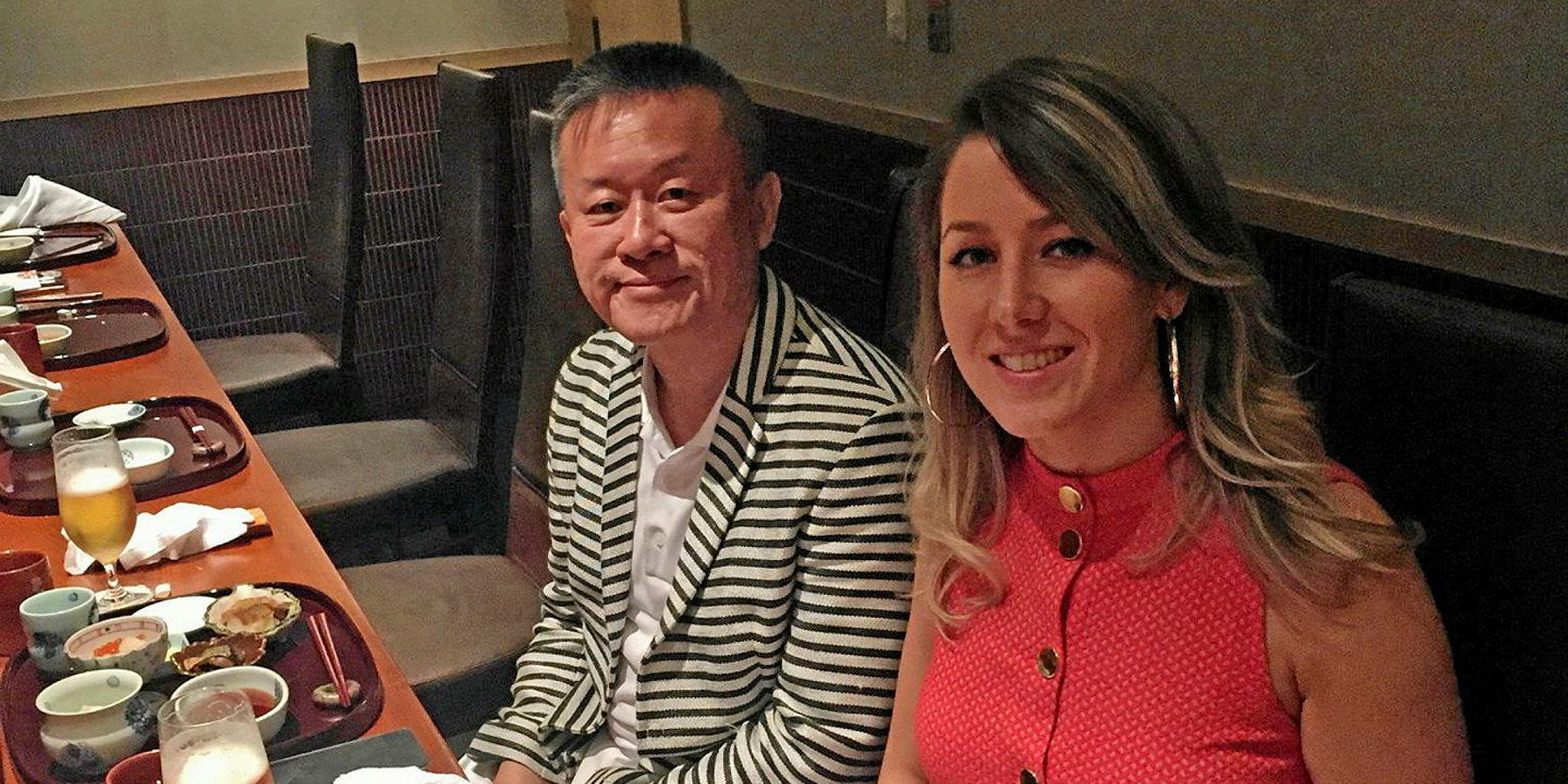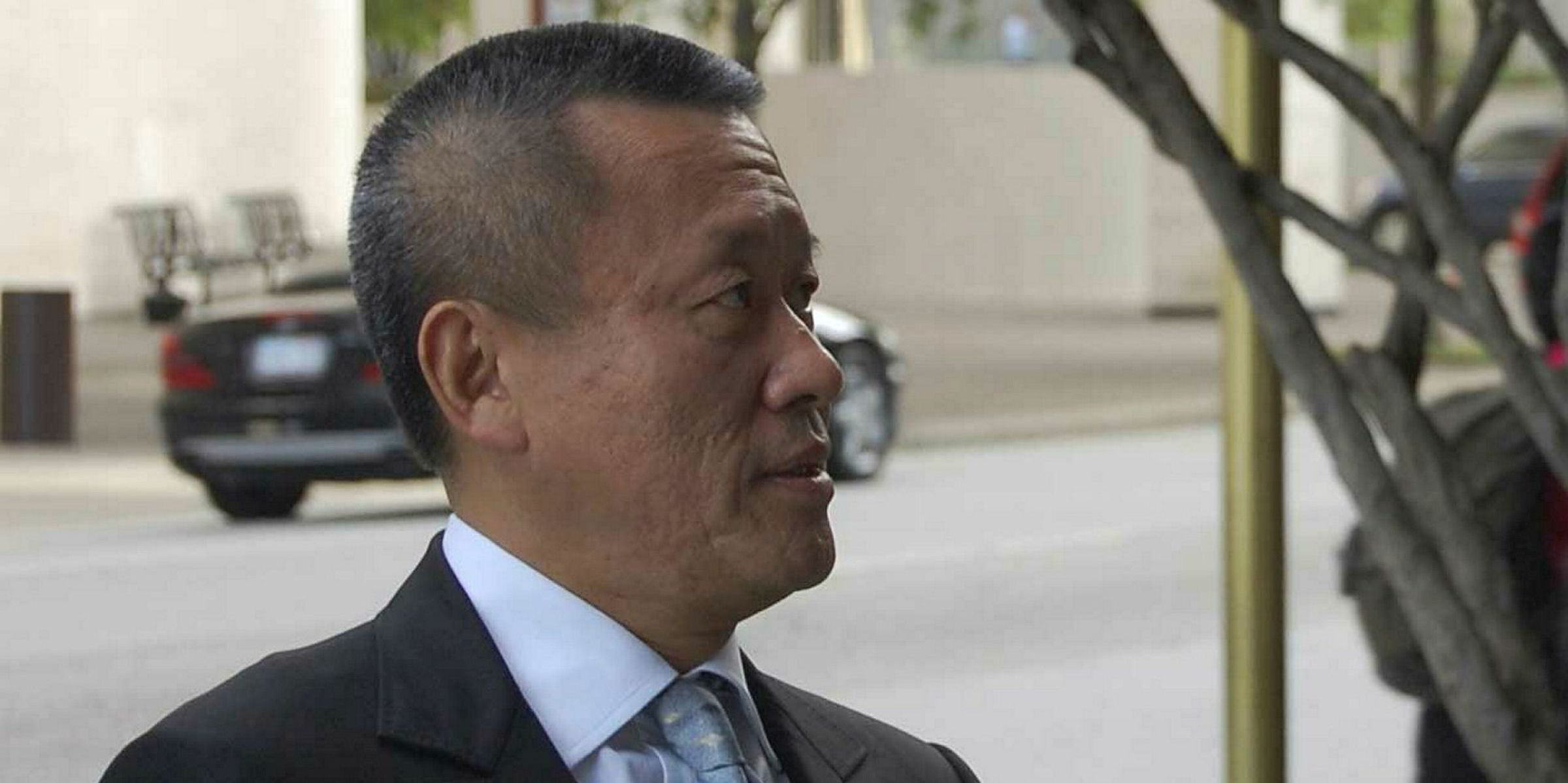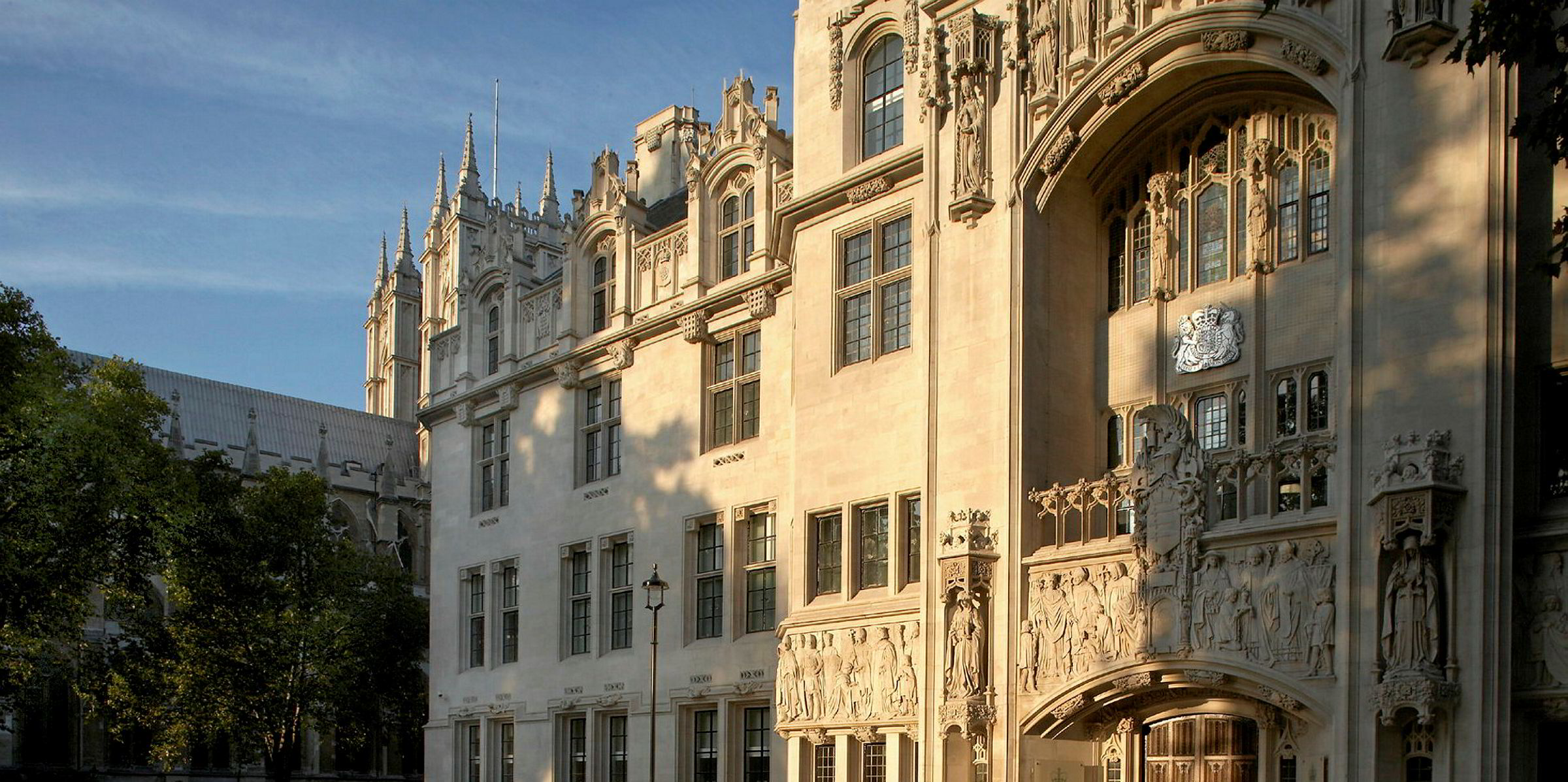I’m standing in an overcrowded waiting room at London's Pentonville Prison, more than a little intimidated.
Babies are crying and women are shouting to be let into the visiting room, which is not ready.
Filling out my check-in forms, I realise the reception desk is crawling with ants, likely a minor issue in a prison that is notorious for poor conditions.
I'm here to see shipping's most famous prisoner Nobu Su.
Queuing up in cramped corridors, where paint is peeling off the walls, I chat to the man beside me.
“The guy I’m visiting was a billionaire,” I tell him. His eyes flash wide with disbelief. No way. In Pentonville?
Su was jailed for 21 months for contempt of court following a hearing on 29 March, after court proceedings established that he had circumvented the worldwide freeze on his assets. He stands out not just because a civil case landed him in prison, but also because most other inmates are much younger than his 61 years.
I’ve written a few articles for TradeWinds about Su this year. And, even before that, I was in close contact with Su until he started accusing me of spying on him for Goldman Sachs (which I wasn't).
I decided to step back after that, until March, when I found out he was in prison.
I first interviewed Su in 2016, long before I joined TradeWinds, and he commissioned me to write his book, although it was never completed.
Over the next year, we would meet for a few days each month to write.
I even spent a week with him at Today Makes Tomorrow's office in Taipei. There I met his family, including his mother, Toshiko Morimoto, who has since been dragged into his legal debacle with Polys Haji-Ioannou, whom Su owes a $57m judgment debt.
A friend asked me recently: "When are people going to stop writing about Nobu?"
When I circulated an article about Su on social media this year, I received the following comment: “Can you please stop writing about this person? He has fooled a lot of people, he owes a lot of money, he is a delusional conman and your esteemed paper should not waste valuable reporting time.”
UK law on interviewing prisoners is very strict, so I cannot report anything that Su told me during my visit.
Being a journalist, I can see Su's news value is evaporating. As a person, I wonder how this will affect him.
Can you please stop writing about this person? He has fooled a lot of people, he owes a lot of money
Source
Su has a compulsive need to tell his story. To him, it is a matter of life and death.
Unlike most people, he needs to do it publicly. And, unlike most people, Su's story is a blend of some truth, self-mythology and — as court proceedings have observed — outright lies.
If you’ve seen Su’s documentary film, The Outsider, you’ll have watched Su speak openly to camera about his thoughts of suicide.
Pentonville Prison is not a good place to be for someone struggling with mental health issues. But it may be a good place for him to reflect. Perhaps he needs to be given the space to stop grandstanding and hold himself to account — because he has hurt people.
It has been a few years since I last saw Su in person and as soon as I see him in the visiting room, I can’t help but burst into tears.
Later, I tell him: “If there’s anything you can do, please, just pay back the money."
As a source close to Haji-Ioannou told me: “He could walk out of prison tomorrow, if he pays the money.” It's his only way out.
Of course I care about Su’s wellbeing, but I also care that the judgment against him is upheld and enforced as it should be.
I care that Su makes amends for his past actions, which should include holding himself to account as well as compensating others. But first he needs to admit that he has done wrong.
In the remaining 20 months ahead, Su’s news value will dwindle and that might be for the best.





